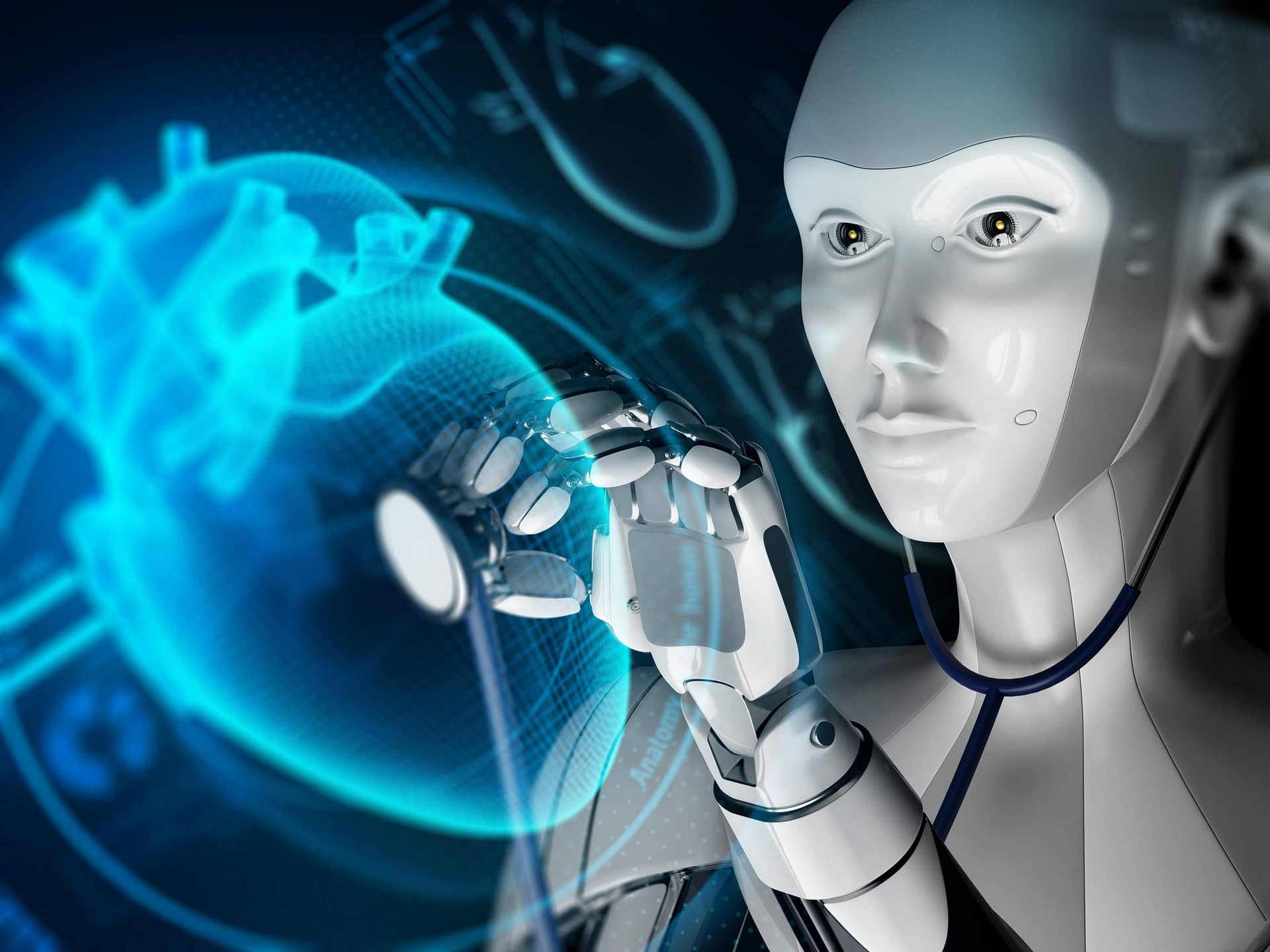Advances in AI and Healthcare: Revolutionizing Breast Cancer Diagnosis and Treatment
This innovation marks a significant leap of advances in AI and healthcare forward in precision medicine, enabling clinicians to tailor treatment plans more effectively and potentially improving patient outcomes. AI is rapidly transforming the healthcare landscape, particularly in the field of oncology. Recent advancements have led to the development of a new AI model that can identify specific stages of breast cancer that are more likely to progress to invasive cancer.
How AI is Changing Cancer Diagnosis
Traditional methods of diagnosing and staging breast cancer involve a combination of imaging, biopsies, and histological assessments. While these methods are effective, they have limitations, particularly in predicting which tumors are likely to become more aggressive. This is where AI comes into play. The newly developed AI model uses deep learning algorithms to analyze vast amounts of data from mammograms and other imaging techniques, identifying subtle patterns that may not be visible to the human eye.
This AI model is trained on thousands of patient data points, learning to differentiate between different cancer stages and identifying those with a higher risk of becoming invasive. By doing so, it provides oncologists with a powerful tool to make more informed decisions about a patient’s treatment plan. For instance, patients with early-stage cancers that are identified as low risk might avoid aggressive treatments, while those with a higher risk could receive more intensive monitoring and therapy.
The Benefits of AI in Personalized Medicine
One of the most promising aspects of this AI model is its ability to support personalized medicine. By accurately identifying the likelihood of cancer progression, clinicians can customize treatment plans to each patient’s unique needs. This approach reduces the chances of overtreatment, which can have significant side effects and impact a patient’s quality of life. Moreover, it helps in allocating medical resources more efficiently, focusing attention on patients who need it the most.
AI’s role in personalized medicine extends beyond breast cancer. Similar models are being developed and refined for other types of cancer and diseases, leveraging the ability of AI to process and analyze large datasets quickly. This capability not only speeds up the diagnostic process but also improves its accuracy, providing a robust framework for future advancements in healthcare.
For more on how AI is transforming the field of oncology and other areas of healthcare, check out our latest articles on computese.com.
Real-World Applications and Future Prospects of advances in AI and healthcare
The implementation of AI in clinical settings is already underway. Hospitals and research institutions are integrating these advanced models into their diagnostic workflows to enhance accuracy and speed. Additionally, ongoing collaborations between technology companies and healthcare providers are pushing the boundaries of what AI can achieve in medicine.
Looking forward, the continued development of AI models holds tremendous potential for early detection and treatment of various diseases. As these technologies become more sophisticated, they could also provide insights into the underlying mechanisms of disease progression, offering new targets for therapeutic intervention.
Moreover, the ethical considerations of using AI in healthcare are also coming into focus. Ensuring that AI models are unbiased and trained on diverse datasets is crucial for equitable healthcare delivery. As researchers continue to refine these tools, it will be essential to maintain transparency and address any ethical challenges that arise.
For further reading on the ethical implications and advancements in AI and healthcare, for more information you can refer to MIT News for their in-depth coverage and knowledge.
By leveraging the power of AI, healthcare professionals are not only improving diagnostic accuracy but also paving the way for more personalized and effective treatment strategies. The future of medicine is here, and it’s powered by AI.








